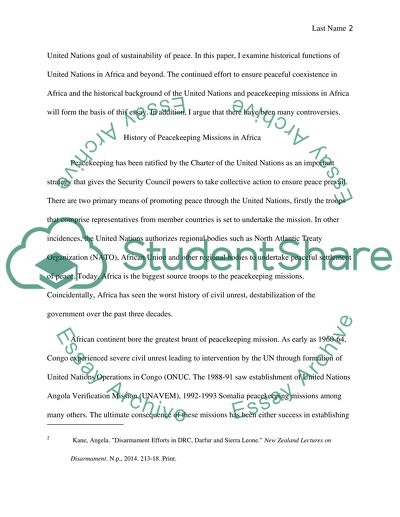Cite this document
(“UNITED NATIONS AND INTERNATIONAL LAW Assignment”, n.d.)
UNITED NATIONS AND INTERNATIONAL LAW Assignment. Retrieved from https://studentshare.org/law/1671009-united-nations-and-international-law
UNITED NATIONS AND INTERNATIONAL LAW Assignment. Retrieved from https://studentshare.org/law/1671009-united-nations-and-international-law
(UNITED NATIONS AND INTERNATIONAL LAW Assignment)
UNITED NATIONS AND INTERNATIONAL LAW Assignment. https://studentshare.org/law/1671009-united-nations-and-international-law.
UNITED NATIONS AND INTERNATIONAL LAW Assignment. https://studentshare.org/law/1671009-united-nations-and-international-law.
“UNITED NATIONS AND INTERNATIONAL LAW Assignment”, n.d. https://studentshare.org/law/1671009-united-nations-and-international-law.


